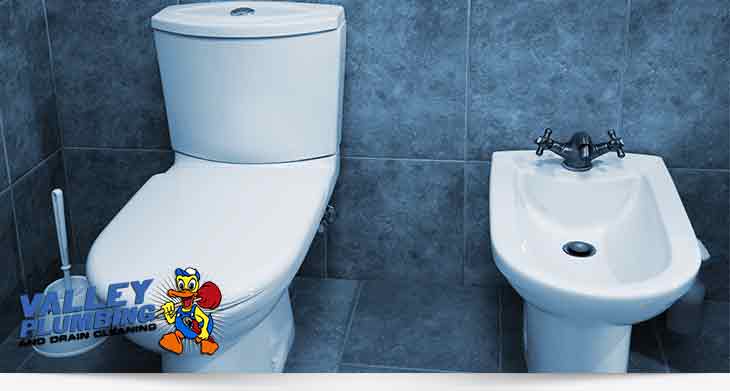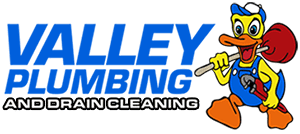
Your toilet is like a car: we want to make sure it is running properly so it can always do its job. There is nothing worse than having a dysfunctional toilet in a home. Not only is it inconvenient, but toilet issues in your home or commercial property can lead to significant problems down the road. Whether your concern is as minor as a toilet that continues to run, or as problematic as frequent clogging, make sure to get the issue taken care of right away. Our skilled team provides fast, effective solutions for our customers in Salt Lake County and Utah County.
Care to see what other homeowners in the area are saying about us? Check out our recent customer feedback and reviews.
Signs Your Toilet Needs Repair or Replacement
There are several telltale signs your toilet may need to be repaired or replaced. Common signs include:
- Cracks may start out as a hairline fracture and over time develop into something much more serious leading to water damage to your home or property. It's best to catch them when they are small to minimize the damage.
- When your toilet is constantly clogging and causing issues, it may mean your unit simply is not pushing enough water through the toilet causing annoying clogs.
- If an old toilet is no longer in good working condition, it may be the perfect time to buy a new one. Toilet seats, flappers, valves, and other parts may cost more altogether than purchasing a whole new unit.
- If your water bill has been steadily increasing, it may be time to purchase a new toilet. New toilets use less water than older ones and have a more forceful flush.
- If your toilet has rust buildup in the tank, it may start leaking. It is most likely time for a new toilet.
Don't ignore the signs. If you notice any of these signs, contact your trusted plumbing experts for an inspection. We will take a look, let you know what's causing the problem and lay out your options so you can make the best decision for you and your home.
Easy Tips to Avoid Clogged Toilets
- Never, ever flush diapers or wipes.
- Avoid flushing big wads of toilet paper.
- Keep Q tips, hygienic products, and other materials out of the unit.
- Keep a small waste basket close by to avoid non-flushable items ending up in the toilet.
Preventing issues before they arise is always best. Make sure to schedule regular maintenance to ensure your toilet is running smoothly without disruption.
